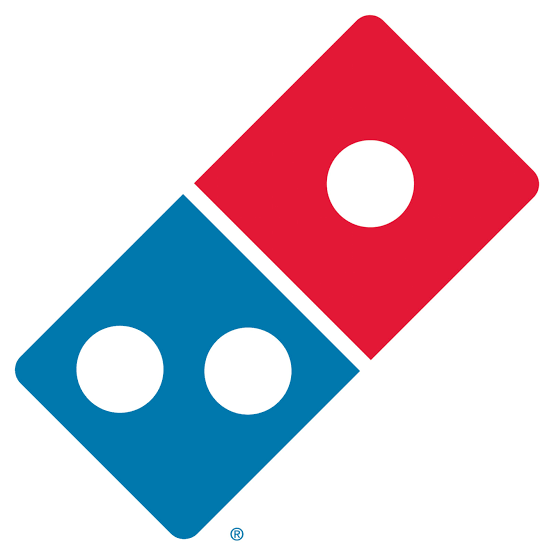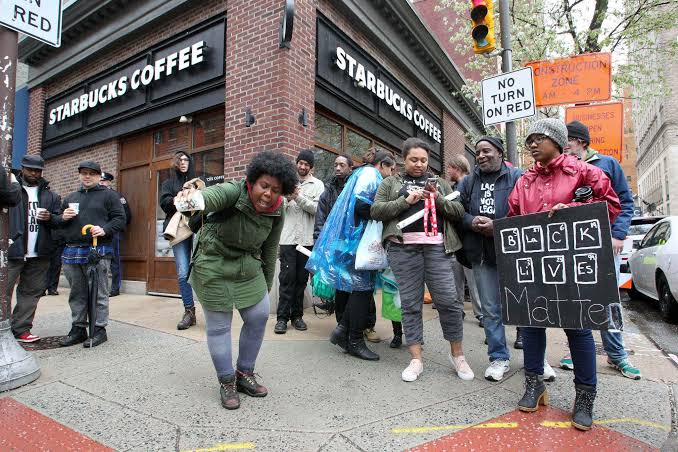Brand Reputation management – Master the art!
In today’s super-connected, information-rich world, brand reputation management is the most valuable asset. Consumers have unparalleled access to reviews, ratings, and social media comments, and they are swift to share their experiences. A strong reputation is essential for attracting and retaining customers, building trust, and standing out in a competitive market. However, positive reputation management is a nuanced and ongoing process that demands a strategic approach, including delivering high-quality products, engaging meaningfully with customers, and maintaining transparency.
Exemplary Brand Reputation Management
Blinkit
Transforming Challenges into Opportunities Blinkit, previously known as Grofers, faced significant challenges with negative press despite its rapid growth. With a limited marketing budget, Grofers initiated the “Friends of Grofers” media program, engaging with major business journals like The Economic Times and Bloomberg Quint to enhance its brand recognition. Additionally, appearances on shows like CNBC Young Turks bolstered its credibility. As a result, this strategic reputation plan, supported by an annual PR budget of INR 24 lakhs (USD 34,687), markedly improved Grofers’ reputation, sales, and market share.

Dominos Pizza
Turning Adversity into Advantage In 2009, Domino’s encountered a PR disaster when viral videos highlighted unsanitary practices. CEO Patrick Doyle took a bold step by publicly admitting the company’s shortcomings through a national ad campaign. Domino’s invited food critics to tour their kitchens and revamped their recipes, focusing on fresh, high-quality ingredients. This transparency and active engagement with customers on social media transformed Domino’s reputation, resulting in a surge of positive reviews and industry recognition.

Starbucks
A Commitment to Inclusivity In 2018, a viral video depicting the arrest of two black men at a Philadelphia Starbucks ignited accusations of racial bias. In response, Starbucks closed all US stores for a day of racial bias training, demonstrating a profound commitment to diversity and inclusion. This decisive action garnered positive media coverage and led to improved customer satisfaction scores, reinforcing Starbucks’ dedication to social responsibility.

Airbnb
Ensuring Safety and Trust Airbnb faced significant scrutiny as a guest was murdered at a rental property. As a result, addressing these safety concerns, Airbnb introduced a $1 million host guarantee program, enhanced guest verification processes, and established a 24/7 safety hotline. By providing emotional and financial support to those affected, Airbnb demonstrated empathy and a steadfast commitment to user safety.
A strong, positive reputation is a prerequisite for building customer trust, fostering loyalty, and achieving long-term business success. Effective brand reputation management profoundly impacts consumer perceptions, influences purchasing decisions, and elevates market positioning.

Conclusion
In the digital age, adopting an effective brand reputation management strategy is imperative. By learning from these exemplary cases, businesses can navigate challenges more effectively and build stronger, more resilient connections with their audiences.









Write a Comment